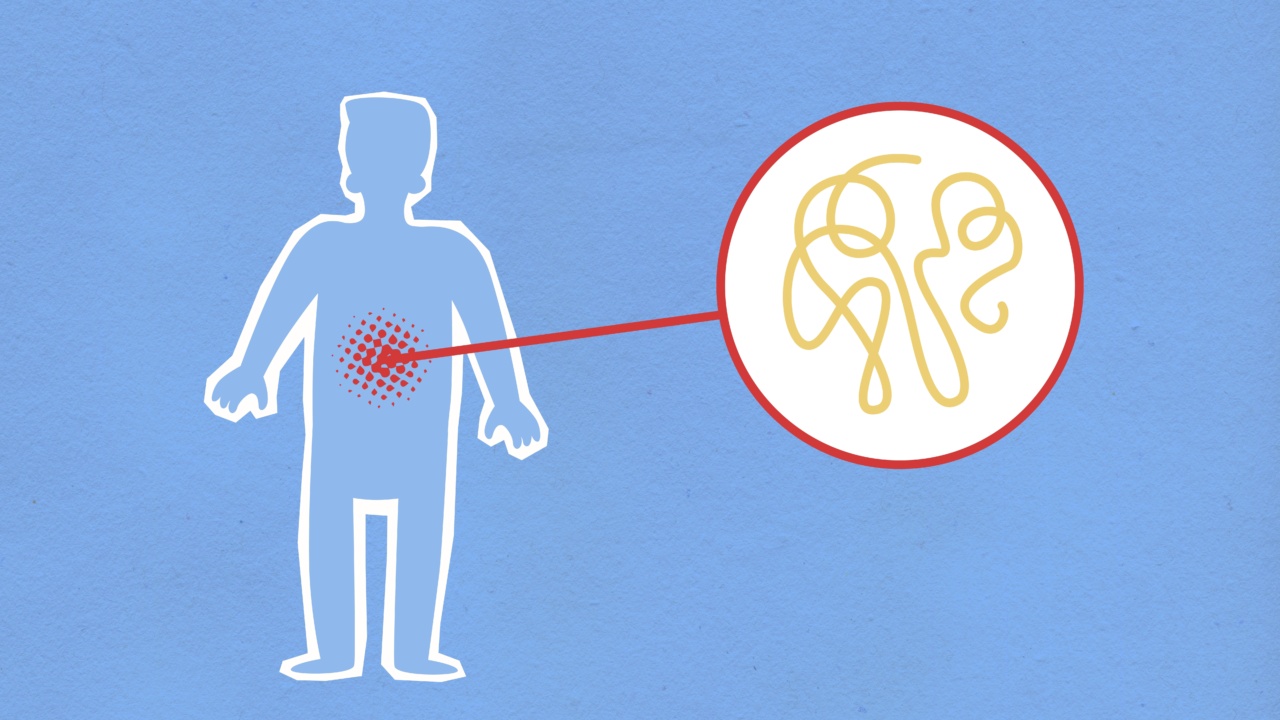Inflammation is the body’s natural response to injury or infection. It is a protective mechanism that helps to eliminate harmful stimuli and promote healing. However, when inflammation becomes chronic, it can lead to a wide range of health issues.
Chronic inflammation has been linked to conditions such as heart disease, diabetes, cancer, and autoimmune disorders. Recognizing the signs of chronic inflammation can help you identify potential health problems and take the necessary steps to address them.
1. Persistent Fatigue
One common symptom of chronic inflammation is persistent fatigue. If you find yourself feeling tired and lacking energy even after getting enough sleep, it could be a sign of underlying inflammation in the body.
Inflammation triggers the release of certain chemicals that can interfere with your body’s energy production, leading to feelings of constant tiredness.
2. Joint Pain and Stiffness
Joint pain and stiffness are often associated with chronic inflammation. Inflammatory chemicals can cause damage to joint tissues, resulting in pain, swelling, and stiffness.
Conditions like rheumatoid arthritis are caused by chronic inflammation in the joints.
3. Digestive Issues
Chronic inflammation can also affect the digestive system, leading to various gastrointestinal issues. Symptoms may include abdominal pain, bloating, gas, diarrhea, or constipation.
Inflammation in the gut can disrupt the normal functioning of the digestive tract, causing these uncomfortable symptoms.
4. Skin Problems
Your skin is often a visible indicator of your overall health. Chronic inflammation can manifest in various skin problems such as acne, psoriasis, eczema, and rosacea.
Inflammatory chemicals can disrupt the normal balance of the skin, leading to these skin conditions.
5. Frequent Infections
If you find yourself battling recurrent infections, it could be a sign of chronic inflammation. Inflammation weakens the immune system, making it easier for infections to take hold and more difficult for the body to fight them off effectively.
6. Allergies and Sensitivities
Chronic inflammation can also lead to an increased sensitivity to various allergens, causing allergies and intolerances.
Inflammation can make your immune system hypersensitive, triggering allergic reactions to substances that would usually be harmless.
7. Weight Gain
Unexplained weight gain or difficulty losing weight can be linked to chronic inflammation. Inflammation can disrupt the hormones responsible for regulating metabolism, leading to weight gain and difficulties in maintaining a healthy weight.
8. Mood Disorders
Chronic inflammation can impact your brain health and contribute to mood disorders such as depression and anxiety.
Inflammatory substances released in the body can affect the production and functioning of neurotransmitters, leading to imbalances that can affect mood and overall mental well-being.
9. Chronic Pain
Persistent, unexplained pain throughout the body can be a symptom of chronic inflammation. Inflammatory chemicals can sensitize nerve endings, leading to heightened pain sensitivity and long-term discomfort.
10. High Blood Pressure
Inflammation can also contribute to high blood pressure or hypertension. Chronic inflammation damages blood vessels and disrupts the normal regulation of blood flow, increasing the risk of hypertension and other cardiovascular issues.






























